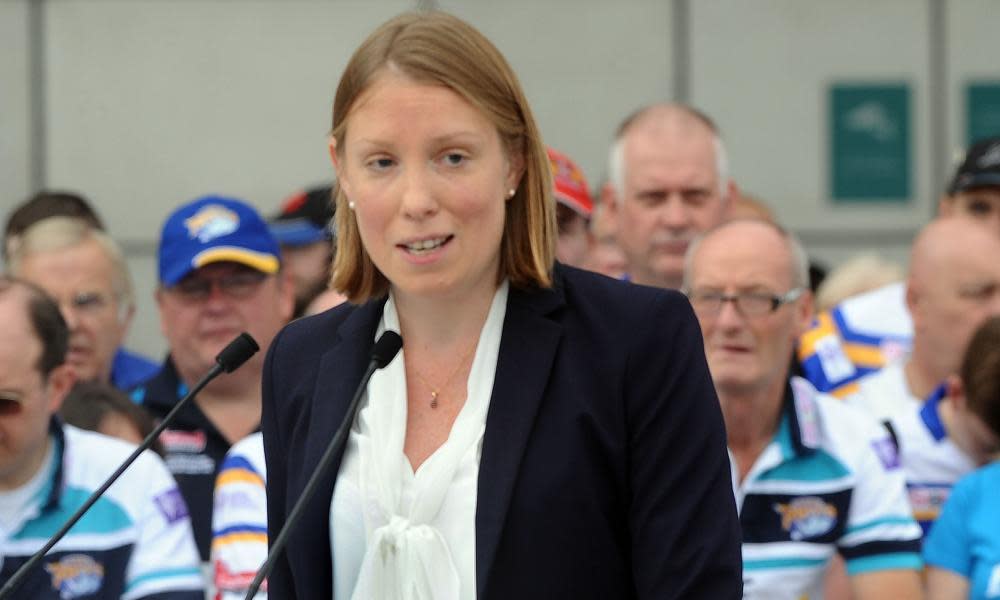The Lobbying Act is stifling charities. But the Tories don’t seem to care | David Brindle

What does Theresa May’s government think of charities? Beyond the customary warm words, there are growing and worrying signs that it doesn’t take them especially seriously as players in the public space.
It was telling that in the aftermath of the June general election, which cost former civil society minister Rob Wilson his seat, it first of all took six days to decide who should take on his charities brief and then, amid a good deal of confusion, the job ended up tacked on to that of reappointed sports minister Tracey Crouch.
At the end of last week, it emerged that ministers had flatly rejected modest proposals by Tory peer Robin Hodgson to smooth the rougher edges of the Lobbying Act, branded a “gagging law” by its harsher critics because of its perceived effect of deterring charities from campaigning in the run-up to elections. Voluntary sector leaders are in shock – and Hodgson himself is more than a little surprised.
It had been widely expected that ministers would take the opportunity to throw the sector an olive branch, or at least play for time on Hodgson’s proposals, if only to shore up those senior charity figures who do not consider the act to be beyond redemption. Now the calls for its scrapping will surely mount.
Passed under the coalition government in 2014, the act – formally the Transparency of Lobbying, Non-Party Campaigning and Trade Union Administration Act – covers any activity by charities that could be “reasonably regarded” as intended to influence voters in England and Wales. Organisations that spend more than £20,000 (£10,000 in Wales) in the 12 months prior to a general election must register with the Electoral Commission.
While some charities object on principle – Greenpeace earlier this year became the first to be sanctioned for refusing to register and was fined £30,000 – others argue, not unreasonably, that the snap June election this year exposed the impossibility of planning 12 months ahead.
Moreover, the act is said to be having a “chilling effect” on charities’ campaigning way beyond its actual terms. Hodgson was asked by ministers at the start of 2015 to review the relevant part of the act and last year recommended changes, including shortening the specified campaign period to four months and stipulating that, to be caught by the rules, any activity must be intended to influence voters. Initial responses from government appeared favourable, but when sector leaders met recently with Chris Skidmore, minister for the constitution, he made clear there was no prospect of any reform.
In a subsequent statement, the Cabinet Office has said it will work to ensure the existing provisions are better understood.
It is true that reform would require primary legislation and Brexit leaves little room for much else in the parliamentary timetable. It is also likely that the Electoral Commission did not warm to the prospect of having to determine a charity’s intent to influence voters. But it would have cost nothing for Skidmore to have said that further work was needed and a bill would be brought forward when time allowed. While not popular, that would have been accepted by much of the sector. As it is, charities have been driven further into the arms of a Labour opposition promising full repeal of the act.
Do ministers care? It’s not obvious that they do. In a revealing article in Third Sector magazine, Wilson writes that throughout his three years as civil society minister he had to battle against a perception at Westminster and in Whitehall of the “third sector” as third class. “Despite rallies of interest from governments over the decades, it has never really been integrated into political thinking.”
That can be changed, Wilson argues, by charities getting closer to government and the Tory party: “Get involved, help shape policy development and be open-minded.” Easier said than done, Rob.
• David Brindle is the Guardian’s public services editor

 Yahoo News
Yahoo News 
